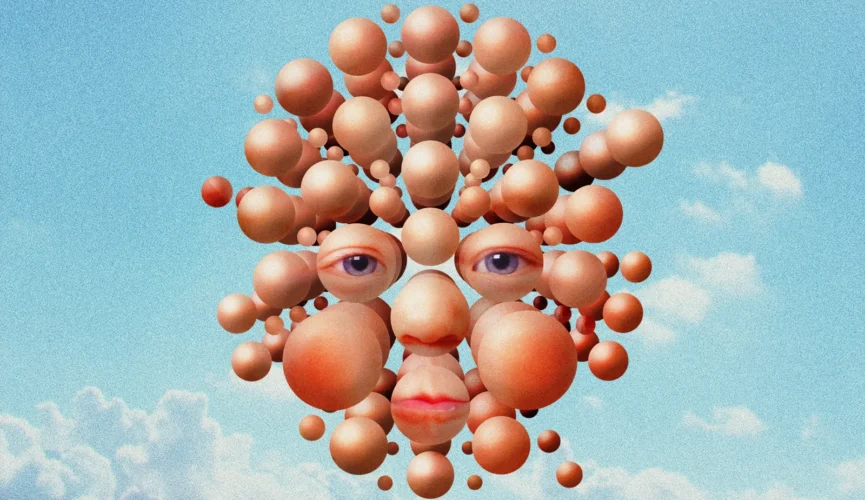Introduction
In an era marked by unprecedented scientific advancements, the notion of genetically engineering children has become a topic of considerable debate. While proponents argue that it could pave the way for healthier and more capable offspring, there are significant ethical and practical concerns surrounding this practice. This article aims to delve into the reasons why genetically engineering your child might not be a good idea.
Ethical Considerations
- Playing Nature’s Role: Genetic engineering involves altering the fundamental building blocks of life, potentially leading to unintended consequences. By tampering with the genetic makeup of a child, we venture into territory where ethical lines become blurred. We must question whether we have the right to decide a child’s genetic fate before they’re even born.
- The Diversity of Human Experience: Genetic diversity is an essential aspect of the human experience. It’s what makes us unique, and it contributes to the rich tapestry of our world. Genetically engineering children could homogenize the population, potentially leading to a loss of the beautiful variations that define our species.
- Unforeseen Consequences: The intricate interactions within our genetic code are still largely a mystery. Tweaking one gene might lead to unexpected changes in others, with potentially harmful outcomes. The long-term effects of genetic modifications are uncertain, and rushing into altering genes without a comprehensive understanding could lead to dire consequences for generations to come.
Practical Concerns
- Limited Control: Genetic engineering isn’t a foolproof science. Despite our advancements, there’s still a significant degree of unpredictability involved. We might aim to enhance a child’s intelligence, but in doing so, inadvertently compromise their emotional well-being or physical health.
- Social and Economic Divide: If genetic engineering becomes a reality, it could potentially create a divide between those who can afford it and those who cannot. This could result in a society where only the privileged have access to these enhancements, exacerbating existing social and economic inequalities.
- Strain on Individual Identity: Genetically engineered children might feel a sense of pressure to live up to the expectations set by their engineered traits. This could lead to a sense of inadequacy or a lack of authenticity, as they grapple with the question of whether their achievements are truly their own or a result of their genetic modifications.
Conclusion
While the idea of genetically engineering children holds promise in terms of eradicating hereditary diseases and enhancing certain traits, the ethical and practical concerns cannot be ignored. The complex interplay of genetics, the potential loss of genetic diversity, and the ethical dilemmas associated with playing the role of nature raise significant red flags. As we navigate the uncharted waters of genetic engineering, it’s imperative that we weigh the potential benefits against the ethical and practical drawbacks to ensure that we are making informed and responsible decisions for the future of humanity.
